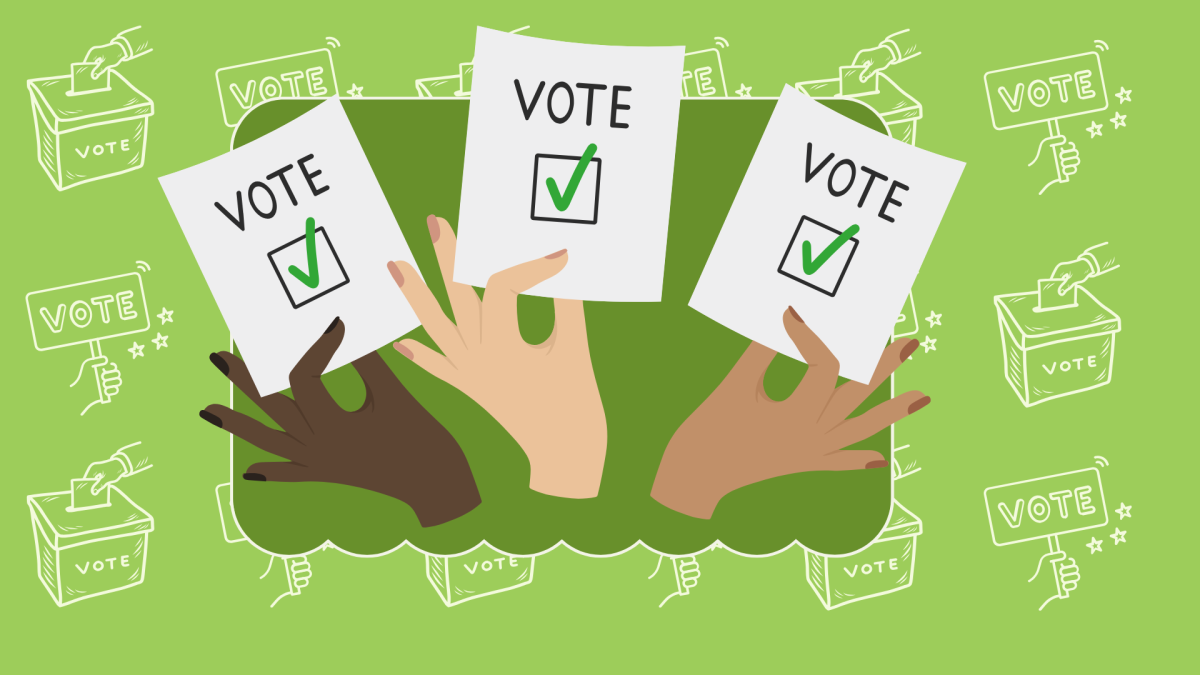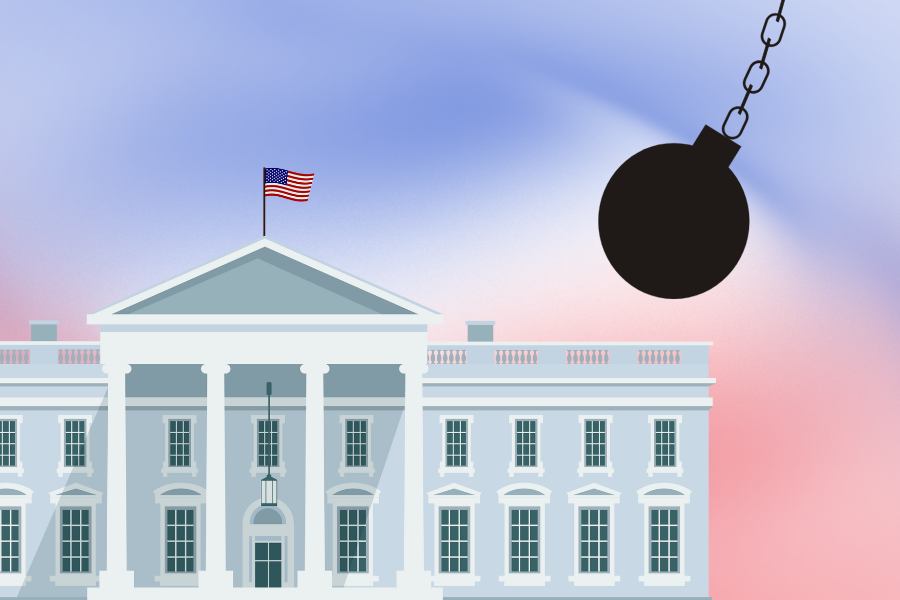Discussions about third-party candidates always resurface at the same times during election season — during the few months before election day and a few weeks following it.
In the days and weeks following election night, once most races have been called and voter data is available to see, people notice that a small percent of a state’s votes have gone to neither of the two main party candidates.
A common first thought of supporters of the losing party is that if no votes went toward these other candidates, their party could have won a certain state which could have led to winning the election.
Oftentimes though, that’s not the case. In this election for example, even if Vice President Kamala Harris were to receive all of Pennsylvania’s 67,000 or so third-party votes, she still would not have won the state as some people would like to claim.
In other states, however, the numbers are much closer, but the assumption that all of the third-party votes would go to one candidate and that the outcome would change is hard to get behind.
America was not born to be a two-party system. The idea of political parties were not mentioned in the constitution and George Washington famously warned against political factions. But, regardless of the warning, the U.S. still evolved into its current system. Despite that, though, other parties like the Green and Libertarian parties still exist and run for office, and some people will always vote for them.
It would be virtually impossible to get rid of third parties and even if it were done, most of the time it would make little difference in the outcome of elections.
The larger issue, however, is not so much with the third parties themselves, but with voters and the option that third parties give them.
In the months just before presidential elections, like clockwork, there will always be people who realize that the two-party system is terrible and that they hate both candidates.
In light of this realization, some voters make the choice to vote for a third-party candidate, even with limited knowledge about the candidate and knowing there is little to no chance they would be able to win the election.
Many people like to say that those who vote for a third party are wasting their votes. However, if a person truly believes that Jill Stein or Chase Oliver, two recurring third-party candidates of the Green and Libertarian parties, respectively, are the best fit for the United States, then they didn’t waste their vote. They voted in the way they wanted and that’s their choice to do so.
However, the people who chose to vote for a third-party candidate as a political statement against the two-party system or because of only one or two policies they disagree with from the candidate they would choose otherwise might be throwing away their vote.
Many people disagree with the two-party system, but those who complain about it and do nothing to change it and then vote for a third-party candidate in an election with high stakes, are not doing anyone any good.
Sadly in recent elections, for many, it has felt like they have to pick between the lesser of two evils. It is hard to agree with every policy that a candidate has, but voters need to be able to think outside of themselves and think about what would be best for those they love around them.
There were some people who did not agree with Harris’ views on foreign policy and decided that instead of putting that to the side for the other good aspects of her campaign, like protecting human rights, they decided to boycott her completely.
In situations like these, it gets harder to see why people would decide to vote for a third-party candidate, knowing that they have little chance at winning, when there is a perfect candidate whose views they mostly agree with, who has a better chance at winning and could do more for the country is right there on the ballot.
Third-party candidates themselves do not pose any threat to the country, but the voters that use them as an out or use them to make a political statement for one particular issue or against the two-party system need to consider the impact their vote has and need to rethink what exactly they are voting for.
















